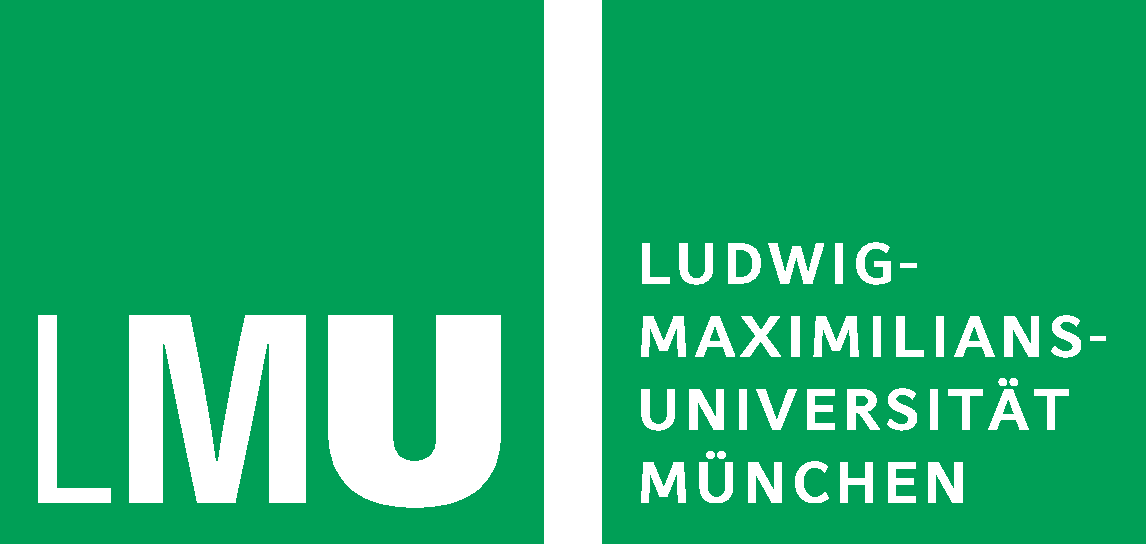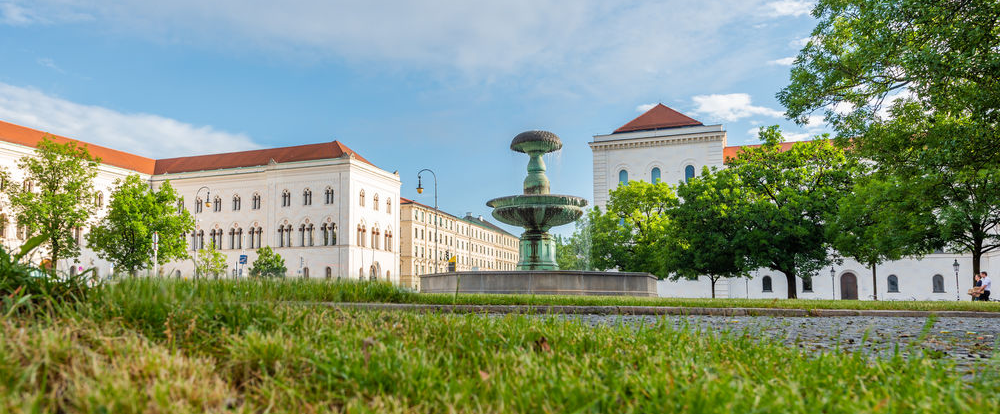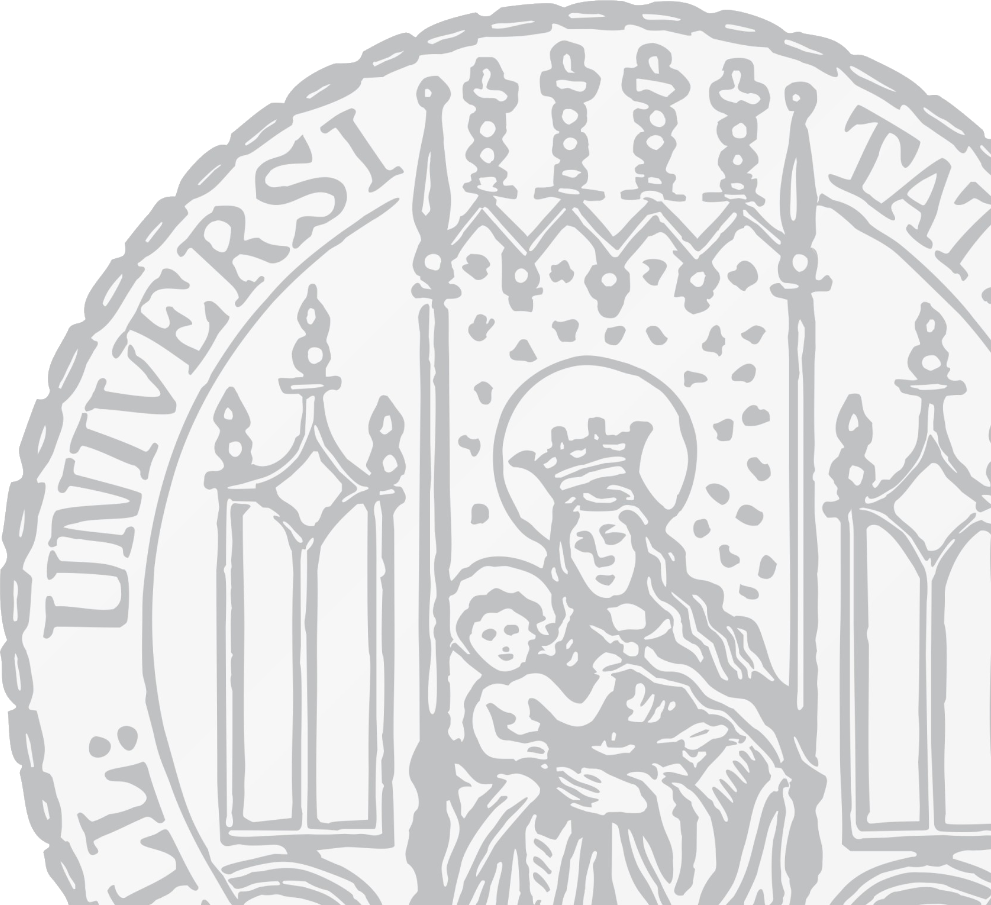
| Institution | Faculty of Languages and Literatures - Rachel Carson Center |
| Remuneration group | TV-L E13 |
| Full-time / Part-time | Part-time (65%) |
| Start date | 2025-10-01 (Limited until initially 30.09.2028) |
| Application deadline | 2025-03-31 |
We are looking for you:
Funded Doctoral Position in Anthropology (m/f/x)
in Munich
Your tasks and responsibilities:
The positions will start 1 October 2025 and are offered initially for three years, with the option of extension for an additional year, provided the relevant requirements are met. Remuneration will be at 65% of regular working hours in accordance with pay group E13 of the German collective bargaining agreement in the public sector (TV-L) and depending on personal and pay scale requirements. The research and dissertation will be supervised by Dr. Jan David Hauck, principal investigator of the project.
The aim of the project is a cross-cultural and cross-environmental study of how children develop moral understandings and behavior in the context of environmental transformations and transitions. Drawing on theories and methods from linguistic, psychological, and sociocultural anthropology, and developmental and cross-cultural psychology, the core of the project will be longitudinal, family-based ethnographic studies in three Indigenous former hunter-gatherer communities in Paraguay, Malaysia, and Namibia. The communities have experienced dramatic environmental changes and settled in villages or towns, but also still spend time foraging in nearby nature reserves. Comparing activities in both environments allows us to examine differences between former and current modes of subsistence and how environmental change impacts social and moral norms.
The successful candidates will carry out fieldwork in either a Ju’|hoansi community in Namibia or a Batek community in Malaysia. Fieldwork includes video ethnography, documenting and analyzing children’s everyday interactions with caregivers and peers across environments, as well as interviews and psychological experiments.
We will also consider applicants who propose to do fieldwork in a different community that they may already know and have field experience in, as long as the site has the required criteria to be comparable with the others: firstly, the community must have transitioned from one environment and mode of subsistence to another within the past 50 years; and secondly, they must continue to spend time in the original environment practicing their original mode of subsistence (e.g., they live in villages but still go on frequent hunting treks, or they spend one season in the old environment and another season in the new one). If you are unsure, please get in touch to discuss.
Your qualifications:
MA in anthropology or a related discipline;
- Fluency in English, with strong English writing skills;
- Ability to work well in a team;
- Experience conducting ethnographic fieldwork;
- Commitment to conduct 12 months of fieldwork, as well as shorter follow-up visits (funds for travel and field expenses are available).
Preferred Qualifications
- Prior field experience in one of the locations under study or similar ones;
- Experience working with children or families;
- Experience conducting video ethnography;
- Proficiency in a relevant local language;
- Background in linguistic and/or psychological anthropology.
Benefits:
The RCC is one of the largest center for advanced study in the environmental humanities in the world and hosts numerous international scholars. Its working language is English. The RCC offers an attractive compensation package, based on the tariff contracts for public service (65% of level E13, commensurate with experience) and 30 days paid vacation. Working hours are flexible, and the RCC offers a family-friendly working environment. The RCC may also assist, if necessary, with work permits and visas. As the candidate will be a state employee, they are required to have German health insurance and make contributions to the German tax and social welfare system.
People with disabilities who are equally as qualified as other applicants will receive preferential treatment.
Contact:
Inquiries prior to the application deadline can be directed to: changingchildhoods@carsoncenter.lmu.de.
To apply, please submit your application, including the following documents compiled into a single PDF file, to jobs@rcc.lmu.de by 31 March 2025:
- A cover letter/letter of motivation (max. two pages), including a statement about current and past research interests and how they may be relevant to the project
- A short CV (max. two pages)
- Copies of university degree(s)
- A writing-sample, such as a final thesis or other single-authored text (term paper, peer-reviewed article, book chapter, etc.)
- Contact information of two references
- Applicants who wish to apply to conduct ethnographic research at a location that is distinct from the two field sites mentioned should also submit a brief description of their proposed site, detailing how it meets the abovementioned criteria.
Interviews will take place in the second week of April via Zoom. We welcome applications from qualified individuals with disabilities, people of diverse backgrounds, and gender identities. We are particularly interested in candidates from the communities or regions envisioned in this study. We may also be able to support individual doctoral projects related to the research described above through applications to separate funding mechanisms. Please e-mail us (changingchildhoods@carsoncenter.lmu.de) to discuss.
Where knowledge is everything.
LMU researchers work at the highest level on the great questions affecting people, society, culture, the environment and technology — supported by experts in administration, IT and tech. Become part of LMU Munich!

